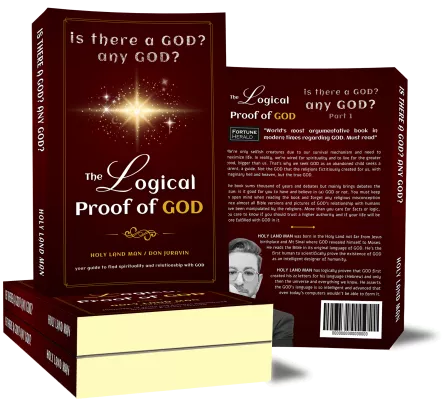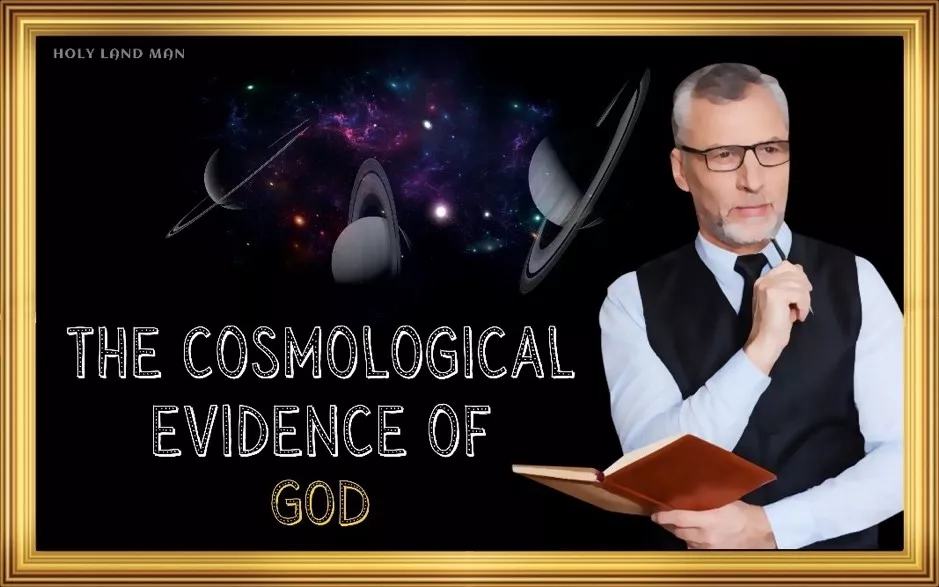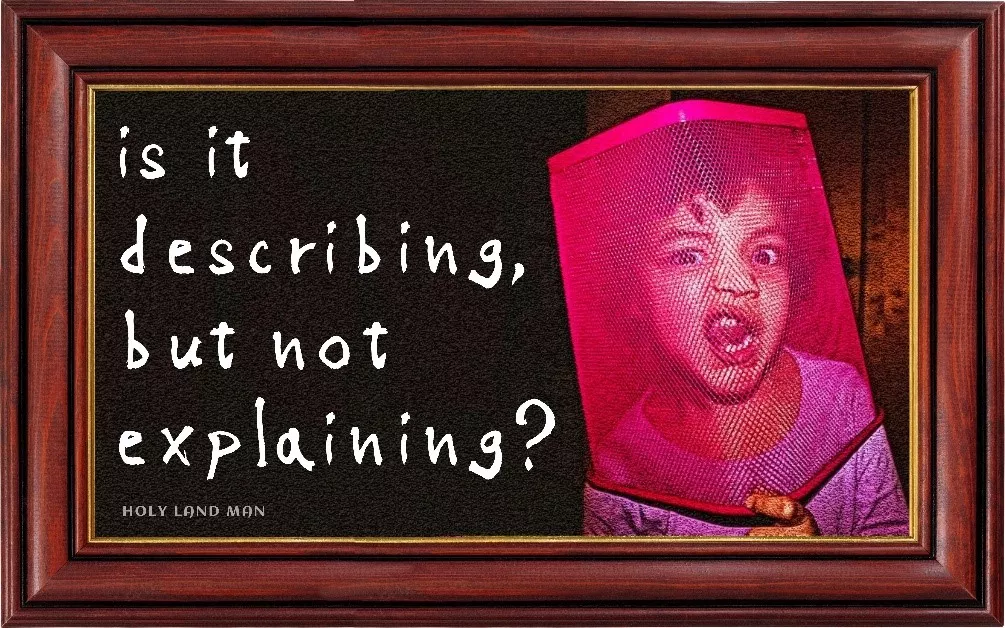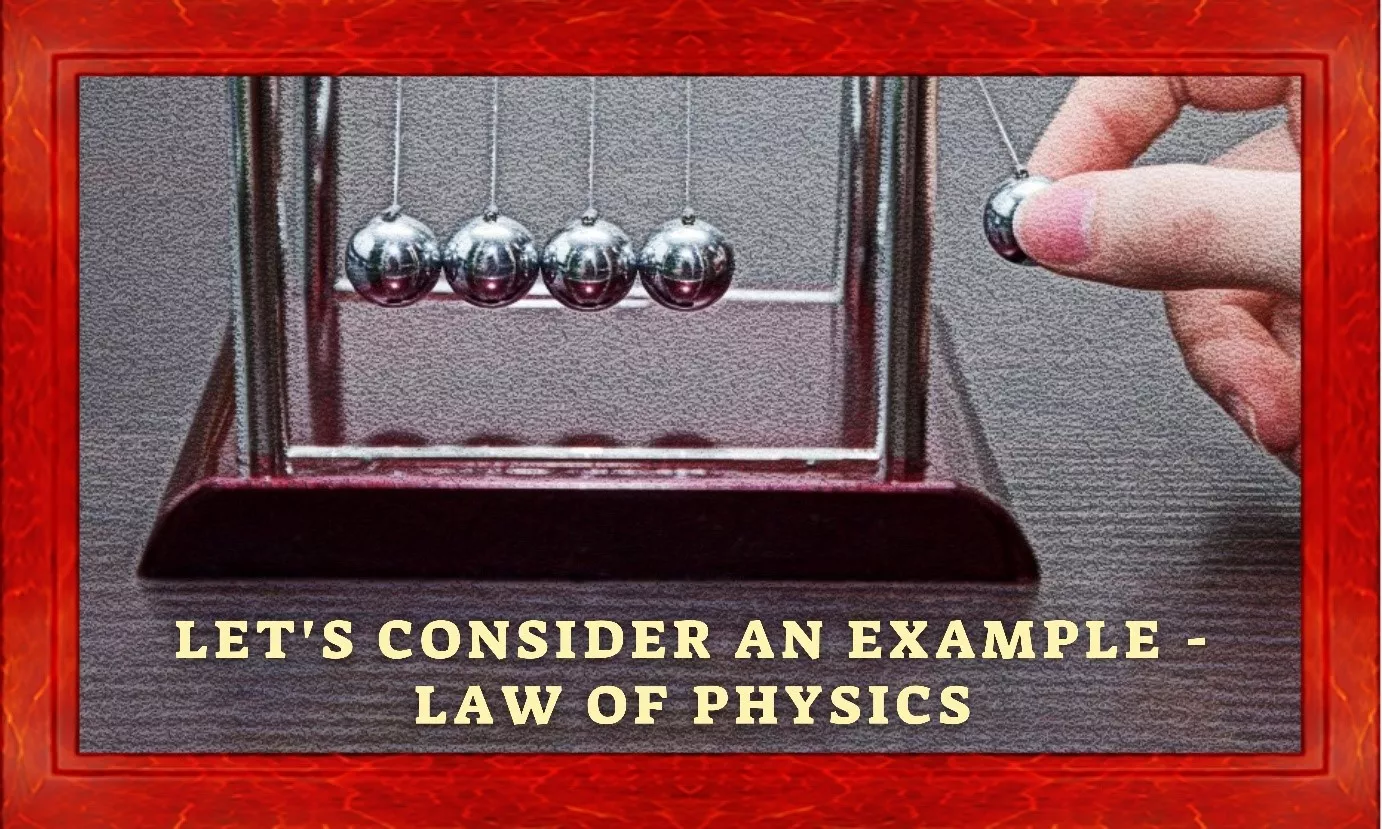The cosmological argument begins with a simple question: Why does the universe exist? When people see an object, they automatically assume that there must be some reason for its existence.
If, for example, while walking in the desert, one finds a glass sphere on the sand, one would ask how it was formed and how it got there. An answer such as, “It is just there for no reason,” would sound absurd. If so, suppose the whole universe is the same glass sphere: does it not require a reason to explain its existence?
People commonly assume that everything that exists does so for a reason. It is also clear that nothing can be the cause of itself. The glass ball could not have created itself because it did not exist before it was created. There must be another reason that made the sphere, and the same is true for the universe. The problem is that whatever caused the existence of the universe also needs a reason for its own existence.
That particular reason needs a reason for existing as well.
The result is an undesirable state of infinite regression, that is, an endless chain of causes that does not begin anywhere. But if the chain of reasons for something’s existence has no beginning, it is not clear how something could have been created at all.











